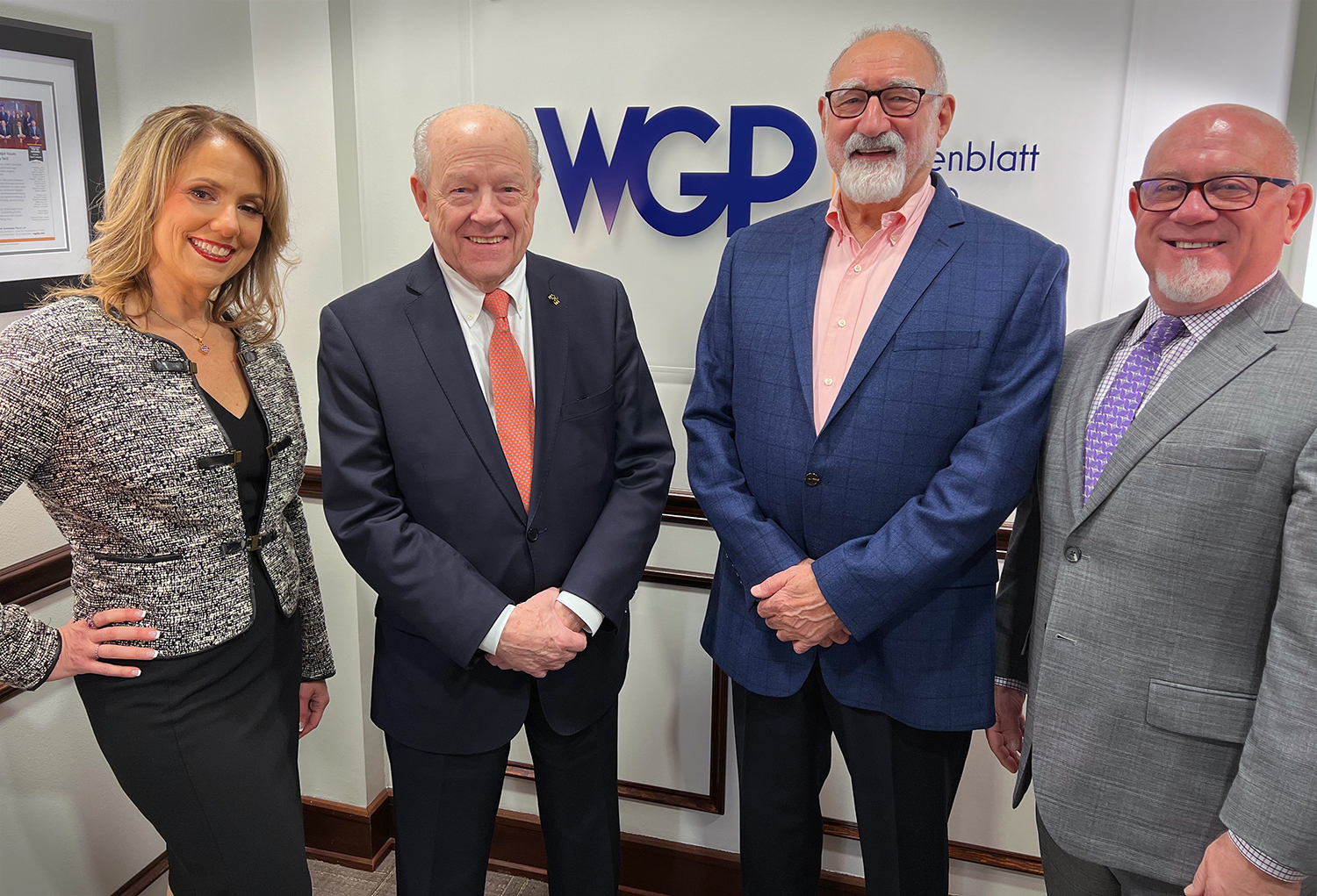Learn more about the decision and its impact for school children by clicking here:California Court Rules Unlicensed School Staff Can Give Insulin
Decision Has Potential to Serve as a National Precedent
By JIM CARLTON
SAN FRANCISCO—The California Supreme Court ruled Monday that school staff without health-care licenses can administer insulin and other prescription drugs to students, overturning lower-court decisions in a case that has the potential to serve as a national precedent. The ruling, which comes as many other states grapple with the issue amid a reduction in campus nurses, is a setback for the American Nurses Association. The group has waged a six-year legal battle against the California Department of Education over its 2007 legal advisory allowing teachers and other untrained school employees to administer insulin. The nurses claimed only they or other licensed professionals were qualified to do so in the absence of a parent or legal guardian at the school. The legal advisory was issued in a settlement the state education department entered in response a 2005 federal lawsuit by parents of some diabetic students who alleged their schools failed to administer insulin when nurses weren’t available. Some parents applauded the high court’s ruling. With just 2,800 school nurses for six million public-school students in California—including 14,000 with diabetes, according to state estimates cited by the high court—these parents said not allowing someone else to administer insulin imposed hardships. “As a working parent, I either left my job to help my child or employed a nanny who could provide that service when my child was too young to administer his own doses,” said Laura Mecoy, mother of a now-19-year-old diabetic son in Manhattan Beach, Calif. Officials at the American Nurses Association, a Silver Spring, Md.-based trade group which led a coalition of nursing groups in pursuing the California case, said the court’s ruling could encourage other states to follow California’s lead in not requiring training to administer the drugs. “Our biggest concern is this is a slippery slope,” said Maureen Cones, an attorney for the nurses’ association who argued the case. “We don’t want physical therapy given by the gym teacher, for example.” Ms. Cones added her group is considering its legal options, including a possible appeal to the U.S. Supreme Court. Tom Torlakson, state superintendent of public instruction, said in a statement: [T]he fact remains that not every student has access to a school nurse and, for some of them, that has been a very real obstacle to attending school and learning with their peers. I hope this decision removes that obstacle.” Nationwide, 22 states allow unlicensed school personnel to administer insulin, including some—such as Arizona, Georgia, and Missouri—that began permitting it in just the past year, following a decline in campus nurses in recent years, said Alan Yatvin, chairman of the legal advocacy subcommittee for the American Diabetes Association. The group intervened to defend the state in the case. “There never are going to be enough nurses,” Mr. Yatvin said. (c) Wall Street Journal 2013






